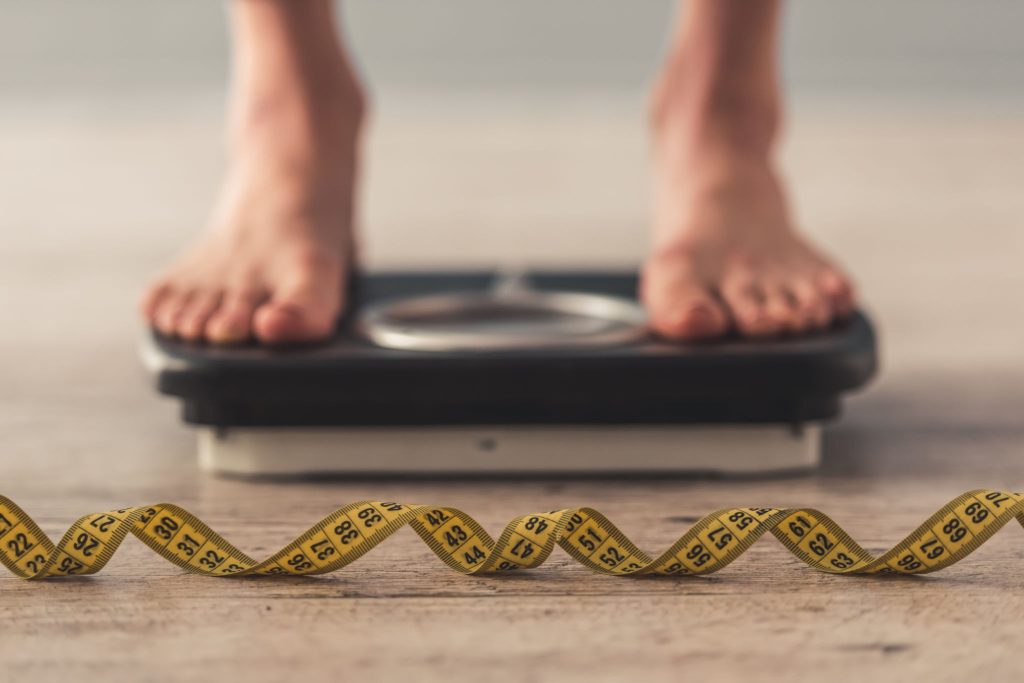12 Minutes
CONTENTS
It’s common for people suffering from anorexia to believe that they’ll never be happy unless they lose weight and that their worth is based on their appearance. Self-esteem and happiness, on the other hand, come from appreciating yourself for who you are, which is only achievable through recovery.

Admitting that you have an eating disorder is the first step toward recovery. This is a difficult admission to make, especially if you still believe — even if it’s in the subconscious mind — that losing weight is the ticket to confidence, happiness, and success. Even when you realize this isn’t the case, it’s difficult to break old behaviors.
The great news is that you can retrain and unlearn the behaviors you have acquired. Anyone can acquire an eating disorder, and anyone can recover from it. However, resolving an eating disorder entails more than just quitting bad habits. It’s also about reclaiming who you are outside your dietary habits, body image, and weight and learning new strategies to cope with emotional suffering.
In order to truly recover from an eating disorder, you must learn to:
- Pay attention to your emotions.
- Listen to what your body says and be in harmony with it.
- Accept yourself as you are.
- Take care of yourself.
This may appear to be a daunting task, but keep in mind that you are not alone. There is help available, and you can get back on your feet. You can gain freedom from the harmful habits of your eating disorder, reclaim your health, and rediscover the joy in life with the correct help and direction.
FAQs
A UNIQUE METHOD
a successful and proven concept focusing on underlying causesLASTING APPROACH
0 Before
Send Admission Request
0 Before
Define Treatment Goals
1 week
Assessments & Detox
1-4 week
Psychological & Holistic Therapy
4 week
Family Therapy
5-8 week
Aftercare
12+ week
Refresher Visit
Anorexia Insights
latest news & research on Anorexia
Best Anorexia Treatment Centers
The best anorexia nervosa treatment centers have a multidisciplinary approach, including medical, nutritional, and psychological expertise, to provide comprehensive care
read moreHow To Recover From Anorexia
It's common for people suffering from anorexia to believe that they'll never be happy unless they lose weight and that their worth is based on their appearance. Self-esteem and happiness, on the other hand, come from appreciating yourself for who you are, which is only achievable through recovery.
read more
Anorexia Nervosa Diagnosis and Treatment
read more


























































